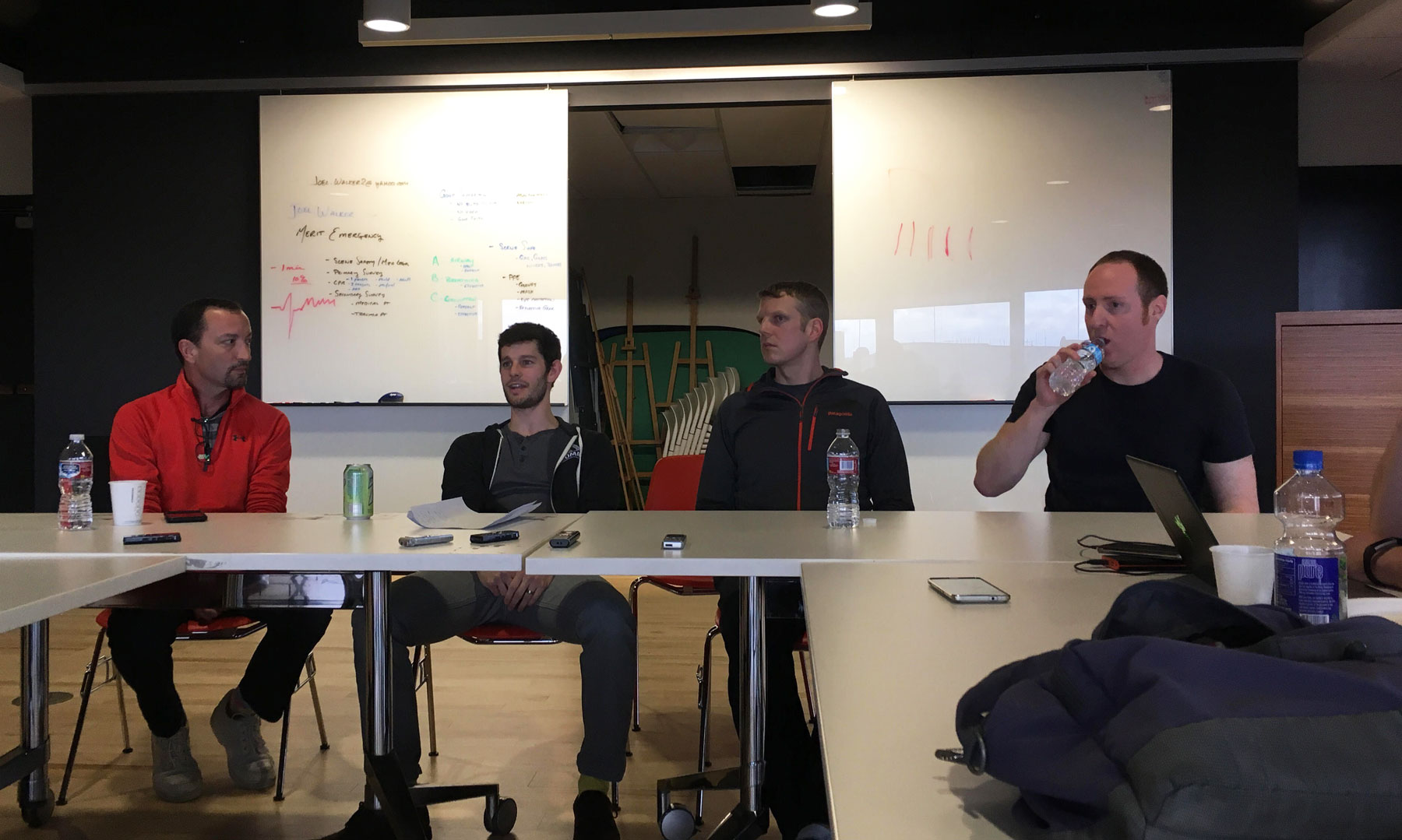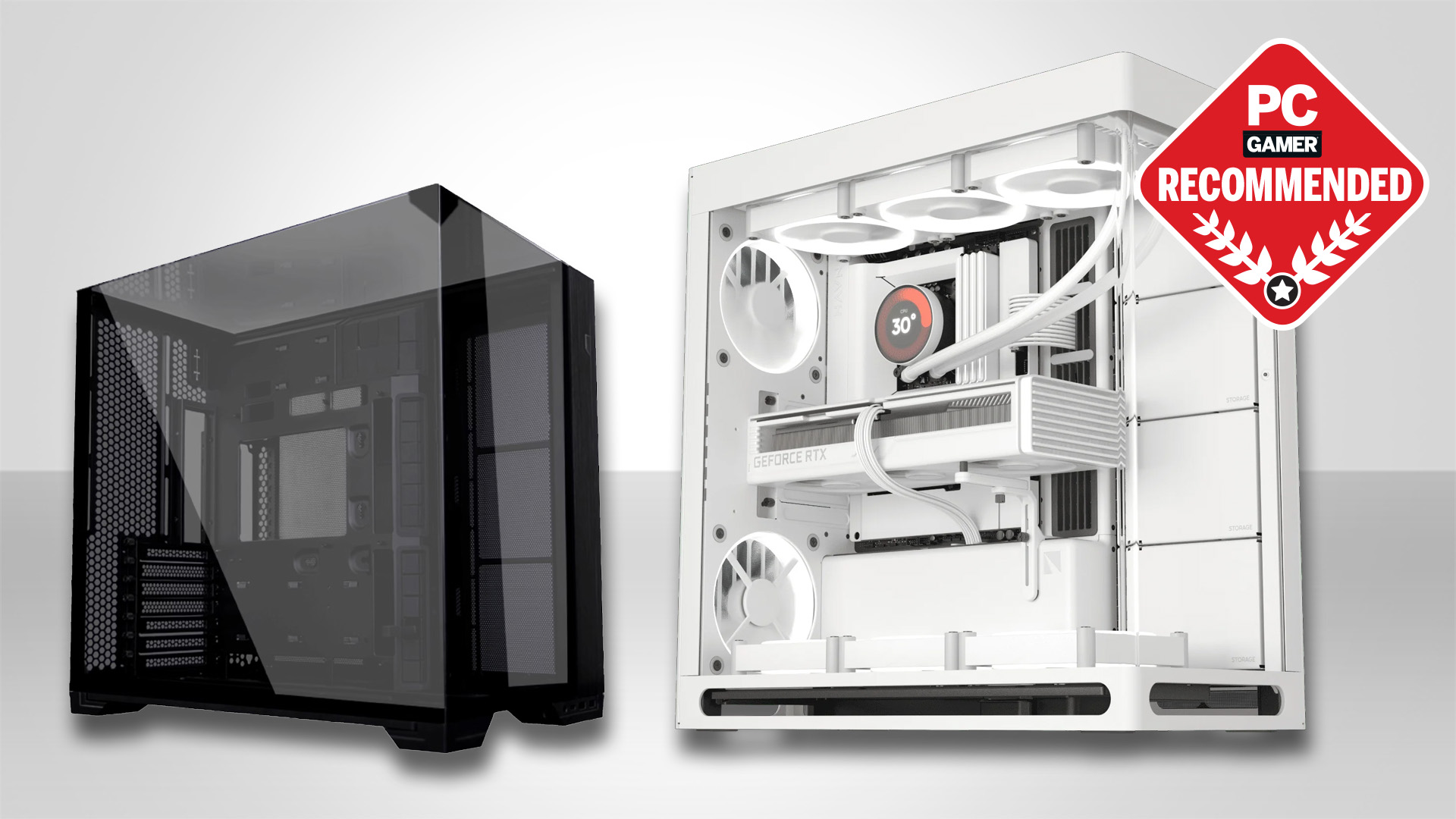Valve reveals its plan to replace Steam Greenlight
A new system called Steam Direct is expected to go live this spring.

Valve has been dissatisfied with Steam Greenlight for at least as far back as early 2013, when Gabe Newell described the system as "probably bad for the Steam community." A year later, he stated outright that the goal was to "make Greenlight go away, not because it's not useful, but because we're evolving."
Today, the direction of that evolution was finally revealed: A new system called "Steam Direct," targeted to go live this spring, that will enable developers to get their games on Steam without having to pass an approval process first.
Greenlight was a "useful stepping stone" that helped dramatically expand Steam's offerings by lowering the barrier for many developers. It also ended up bringing in a lot of money: Valve said that there are now more than 100 Greenlight games that have earned at least $1 million each, many of which likely would not have been released on Steam under the pre-Greenlight rules.
Those successes made it clear that Steam users are a tremendously varied bunch, but it also highlighted the problems with getting new games on Steam, and connecting players with them. Greenlight "inherently has a bunch of unpredictability in it," according to Valve's Alden Kroll, who spoke to PC Gamer yesterday in a series of roundtable interviews at the studio. "As a developer I come and post my game to Greenlight, I don't know how long it's going to take until my game is greenlit. So it makes it hard for me as a developer to then plan, 'Well, am I going to be able to release on date X, when should I start spinning up community outreach, when should I start talking to the press about my game?' As soon as there's some amount of unpredictability in that process, it makes a bunch of other things much more difficult for developers."

Though changes such as user reviews, a better refund system, and the implementation of Steam Curators have all improved the experience for both users and developers, the next step "is to establish a new direct sign-up system for developers to put their games on Steam," according to Valve's blog post.
"This new path, which we’re calling 'Steam Direct,' is targeted for spring 2017 and will replace Steam Greenlight," Valve explains. "We will ask new developers to complete a set of digital paperwork, personal or company verification, and tax documents similar to the process of applying for a bank account. Once set up, developers will pay a recoupable application fee for each new title they wish to distribute, intended to decrease the noise in the submission pipeline." Part of the goal is to discourage the submission of Greenlight projects that are submitted in bad faith, such as joke-projects or projects comprised of stolen assets.
The amount of the publishing fee hasn't been finalized yet; developers Valve has spoken to have suggested amounts ranging from $100 to $5,000 per game. "There are pros and cons at either end of the spectrum, so we’d like to gather more feedback before settling on a number," the blog post says.
Keep up to date with the most important stories and the best deals, as picked by the PC Gamer team.
"We want to make sure Steam is a welcoming environment for all developers who are serious about treating customers fairly and making quality gaming experiences," Valve wrote. "The updates we’ve made over the past few years have been paving the way for improvements to how new titles get on to Steam, and Steam Direct represents just one more step in our ongoing process of making Steam better."

Andy has been gaming on PCs from the very beginning, starting as a youngster with text adventures and primitive action games on a cassette-based TRS80. From there he graduated to the glory days of Sierra Online adventures and Microprose sims, ran a local BBS, learned how to build PCs, and developed a longstanding love of RPGs, immersive sims, and shooters. He began writing videogame news in 2007 for The Escapist and somehow managed to avoid getting fired until 2014, when he joined the storied ranks of PC Gamer. He covers all aspects of the industry, from new game announcements and patch notes to legal disputes, Twitch beefs, esports, and Henry Cavill. Lots of Henry Cavill.

